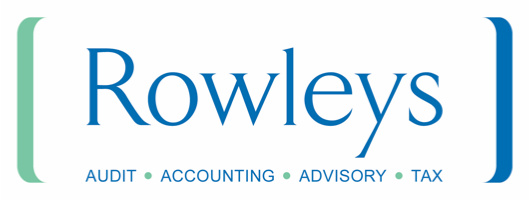News & Events
Tax updates for charities
24th November 2025
Charities continue to face a shifting tax landscape, with recent and proposed changes affecting everything from payroll costs to VAT treatment and compliance obligations. Updates on employer NICs, VAT relief for fundraising events and the draft Finance Bill 2025–26 highlight the need for trustees and finance teams to stay informed and assess how these developments may impact their budgets, operations and long-term planning.
Employer NICs increase
From April 2025, the increase in employer NICs from 13.8% to 15% has placed additional financial strain on charities (who were not exempted from these increases). With the threshold lowered to £5,000, many organisations are facing higher payroll costs, with the National Council for Voluntary Organisations (NCVO) estimating an annual cost to the sector of £1.4bn. This change clearly affects budgeting, staffing decisions and overall financial planning. Whilst additional increases in the rate or adjustments to the NI threshold are not expected at the 2025 Budget (though equally not ruled out), there is speculation that the Chancellor will look to go further and remove or otherwise alter NICs exemptions for pension contributions within salary sacrifice schemes, leading to additional costs for both employers and employees.
Charities must therefore prepare to reassess their employment structures and consider cost-saving measures. Accountants and other advisers will need to support clients in understanding the implications and exploring options such as part-time roles, outsourcing or restructuring to maintain service levels without compromising financial health.
VAT relief for fundraising events expanded
Following the landmark Yorkshire Agricultural Society case, HMRC has broadened the scope of VAT relief for fundraising events. Charities can now benefit from VAT exemption even when events serve dual purposes, such as fundraising and education. Provided that fundraising is a genuine purpose of the event, organisations may claim VAT relief even for events that may also look to serve other goals of the charity. This change offers greater flexibility in event planning and could lead to increased revenue retention.
This development really highlights the importance of keeping abreast of tax rulings that impact operational strategy. Finance teams should review past and upcoming events to determine eligibility and ensure compliance with the updated guidance, whilst accountants, auditors and other professional advisers to the sector should look to actively engage with their clients to identify opportunities for efficiencies. With payroll tax increases and cost base increases eating into available resources for charitable purposes, this development offers a real opportunity for the third sector to offset some of that impact as well as potentially opening new channels of engagement with sponsors, service users and the general public.
Draft Finance Bill 2025–26
Charity Compliance Measures Released in July and still in draft at the time of publication, the Draft Finance Bill 25/26 potentially introduces significant changes to charity tax compliance.
Proposed amendments include:
- Under the new legislation, legacies would be classified within the ‘attributable income definition’, meaning that the funds have to be used strictly for charitable purposes.
- HMRC is considering tightening the rules around qualifying investments (investments which are considered tax exempt under current legislation). Under the proposed changes, the requirement to demonstrate a clear benefit to the charity will be extended to all qualifying investments, as opposed to solely those classified as ‘type 12’.
- The revised tainted donations rules shift focus from donor intent to financial outcomes, tightening scrutiny. These measures aim to prevent abuse of tax reliefs and reinforce public trust.
Charities should review their financial arrangements and consult with tax advisers as appropriate to ensure alignment with the new requirements. Auditors will need to incorporate these changes into their compliance checks and risk assessments. Professionals and trustees across the sector will need to ensure they are up to date with the latest rules, assuming the draft Bill in its current form passes into legislation.
Charity specialists
Our accountants specialise in helping charities and other not-for-profit organisations. To find out more about how we might be able to support your charity, visit our Charities & Other Not for Profit website page.
